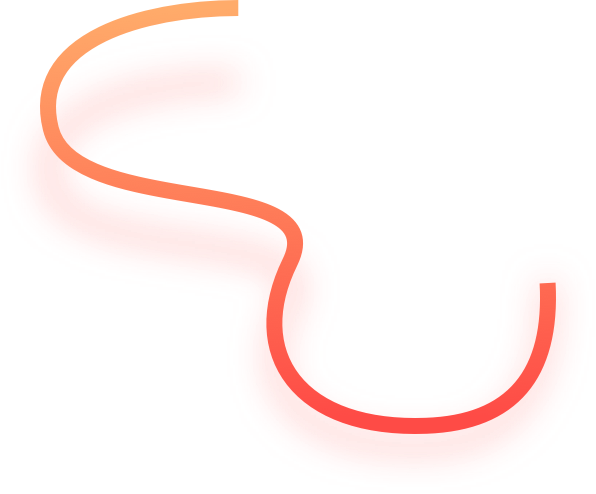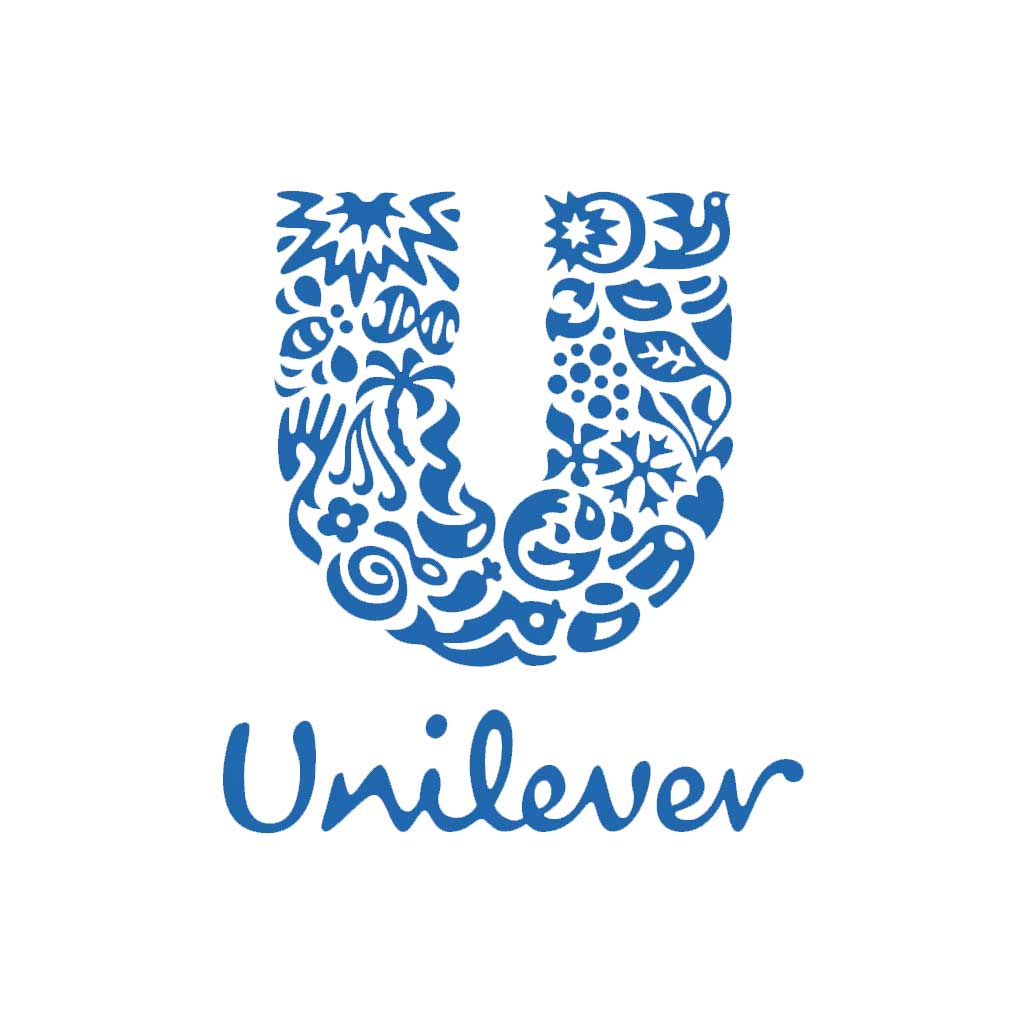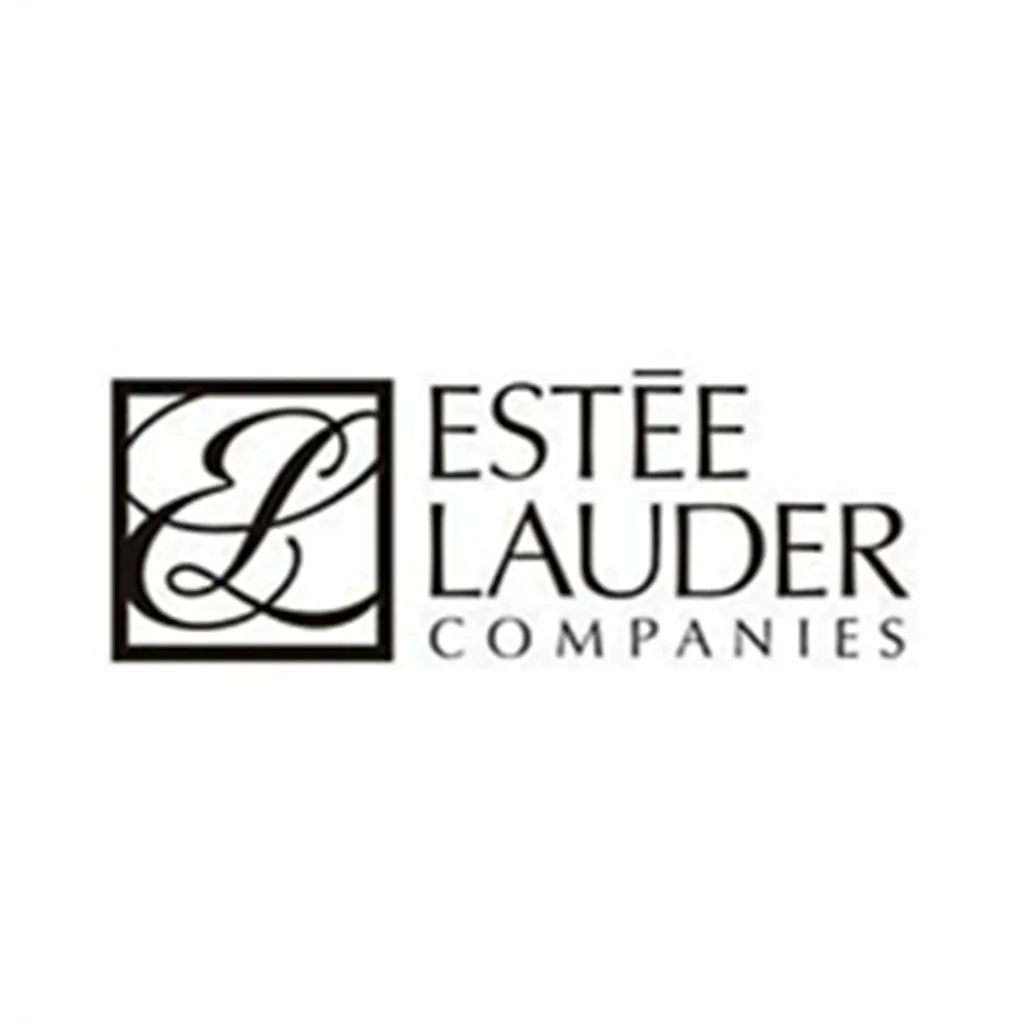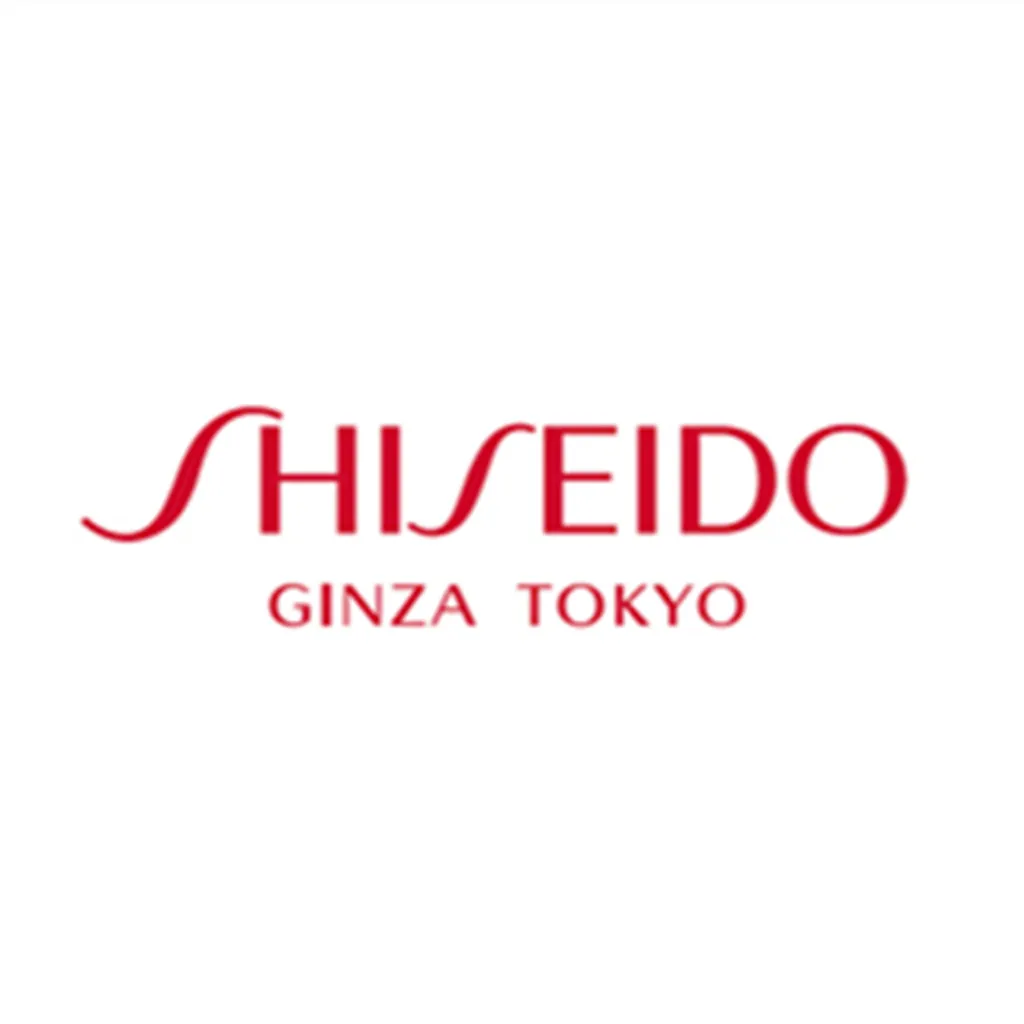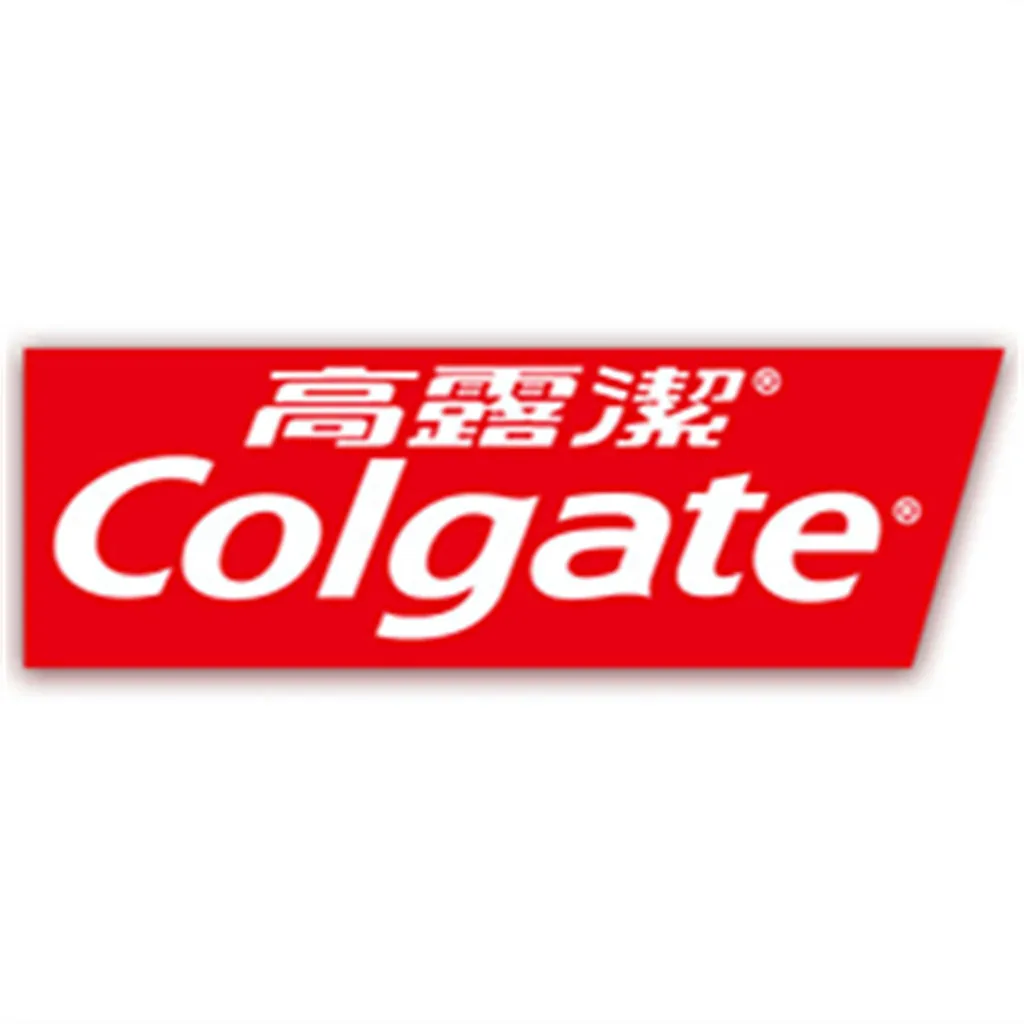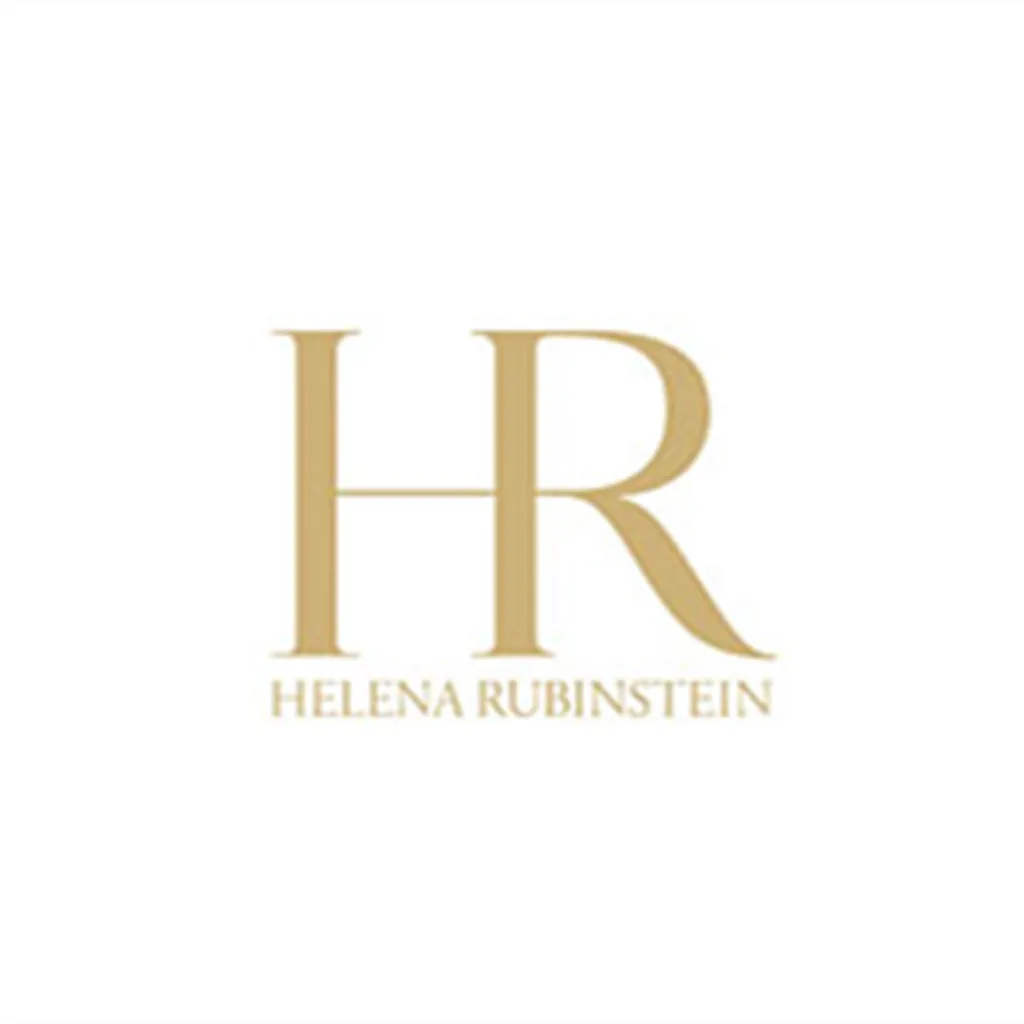
Thiamine Hydrochloride, with the CAS number 67 - 03 - 8, is a water - soluble vitamin that belongs to the B - complex group. It is also known as Vitamin B1 hydrochloride. The molecular formula of Thiamine Hydrochloride is C₁₂H₁₇ClN₄OS·HCl, and its molecular weight is approximately 337.27 g/mol.
It appears as a white to yellowish - white crystalline powder with a characteristic odor. This compound is highly soluble in water, slightly soluble in ethanol, and insoluble in ether. Factory - supplied Thiamine Hydrochloride is of high purity and is produced under strict quality control measures to ensure its safety and efficacy.
1. **In the pharmaceutical industry**: Thiamine Hydrochloride is widely used as a nutritional supplement. It plays a crucial role in the normal functioning of the nervous system, cardiovascular system, and digestive system. It can be used to treat and prevent thiamine deficiency diseases such as beriberi, which is characterized by symptoms like weakness, fatigue, nerve damage, and heart problems.
2. **In the food industry**: It is added to food products as a fortifier. Many breakfast cereals, bread, and other processed foods are enriched with Thiamine Hydrochloride to increase their nutritional value. This helps consumers meet their daily vitamin B1 requirements through their diet.
3. **In the animal feed industry**: Thiamine Hydrochloride is an essential ingredient in animal feed. It promotes the growth and development of animals, improves their feed conversion efficiency, and enhances their overall health. It is especially important for poultry and livestock, as a deficiency of thiamine can lead to growth retardation, poor appetite, and neurological disorders in animals.
1. **Pharmaceutical use**: For oral administration, the dosage of Thiamine Hydrochloride depends on the age, health condition, and the purpose of use. For adults, the recommended daily intake of vitamin B1 is around 1.1 - 1.2 mg for women and 1.2 - 1.4 mg for men. In case of thiamine deficiency, higher doses may be prescribed by a doctor. It should be taken with water, preferably after meals to enhance absorption.
2. **Food fortification**: Food manufacturers should follow the relevant regulations and guidelines when adding Thiamine Hydrochloride to food products. The amount added should be carefully calculated to ensure that the final product meets the nutritional requirements without exceeding the safe limits.
3. **Animal feed addition**: In the animal feed industry, the addition amount of Thiamine Hydrochloride is determined according to the type of animals, their growth stage, and the feed formula. It is usually mixed evenly with other feed ingredients to ensure that animals can get a sufficient amount of this vitamin from their diet.
1. **Human health case**: A 45 - year - old male patient was diagnosed with early - stage beriberi. He had symptoms such as fatigue, muscle weakness, and mild nerve pain. The doctor prescribed Thiamine Hydrochloride tablets, 100 mg per day for the first two weeks. After one week of treatment, the patient reported a significant improvement in his fatigue. After two weeks, the muscle weakness was alleviated, and the nerve pain was reduced. He continued to take a lower maintenance dose of 50 mg per day for another month, and his symptoms completely disappeared.
2. **Food fortification case**: A breakfast cereal company added Thiamine Hydrochloride to its popular cereal product. After marketing the fortified cereal, they conducted a consumer survey. The results showed that 80% of consumers were aware of the added thiamine, and 70% of them reported that they felt more energetic after consuming the cereal regularly. This led to an increase in the sales of the product by 20% within six months.
3. **Animal feed case**: A poultry farm added Thiamine Hydrochloride to the chicken feed. Before the addition, the chickens had a slow growth rate and a high mortality rate. After adding the appropriate amount of Thiamine Hydrochloride to the feed, the growth rate of the chickens increased significantly. The average weight of the chickens at the time of slaughter increased by 15%, and the mortality rate decreased from 10% to 3%. This not only improved the economic benefits of the farm but also ensured the quality of the chicken products.
If you have any questions about
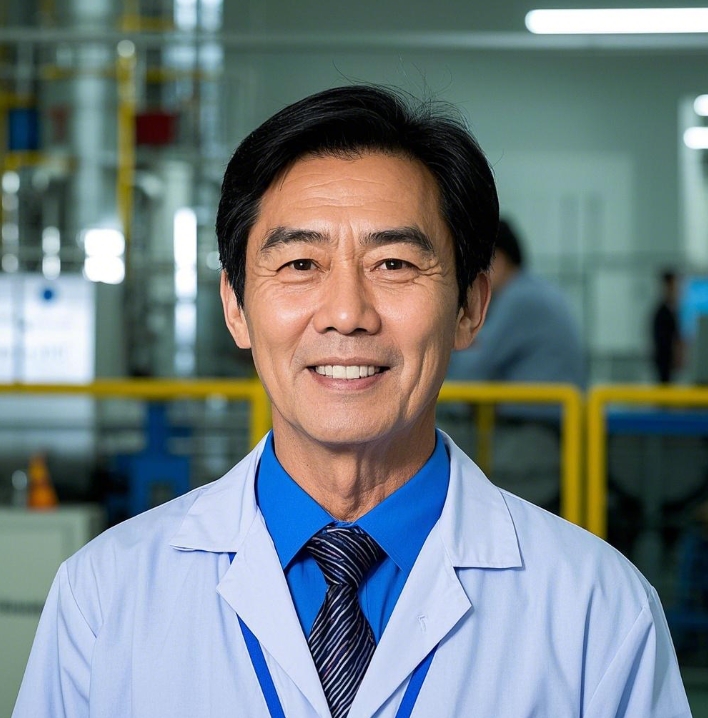
This is William, CEO of Zhishang Chemical Co., Ltd.
Welcome to visit our factory . As the top chemical manufacturer, we have been striving for product quality, innovation , R&D, and customer service for the past 7 years. In the next 10 years or even longer, we are committed to becoming the most reliable chemical supplier in the world , creating a well-known international brand trusted by customers, with the spirit of “one meter wide, ten thousand meters deep”, we continue to focus on product research and development, continue to focus on customer service, continue to improve the supply chain service system, to create a professional chemical supply service team, to achieve win-win long-term cooperation. Please feel free to contact us if you have any questions.

